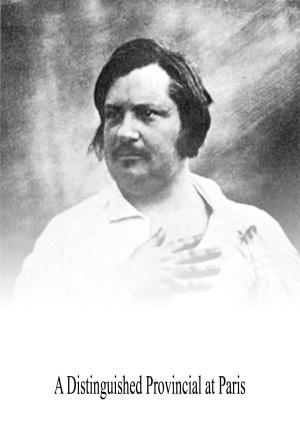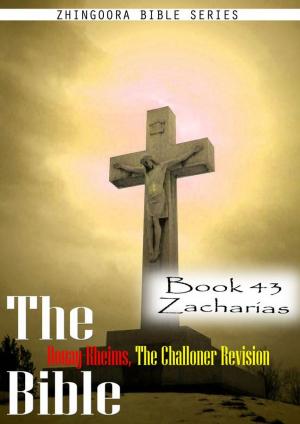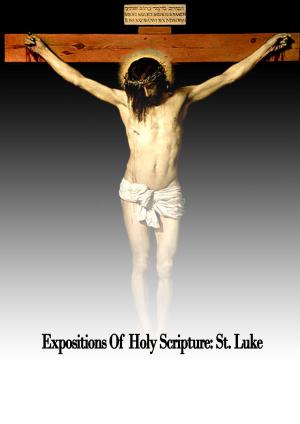| Author: | George Borrow | ISBN: | 1230000036550 |
| Publisher: | Zhingoora Books | Publication: | December 4, 2012 |
| Imprint: | Language: | English |
| Author: | George Borrow |
| ISBN: | 1230000036550 |
| Publisher: | Zhingoora Books |
| Publication: | December 4, 2012 |
| Imprint: | |
| Language: | English |
Christmas Summary Classics
This series contains summary of Classic books such as Emma, Arne, Arabian Nights, Pride and prejudice, Tower of London, Wealth of Nations etc. Each book is specially crafted after reading complete book in less than 30 pages. One who wants to get joy of book reading especially in very less time can go for it.
GEORGE BORROW
Lavengro
George Henry Borrow was born at East Dereham, Norfolk, England, July 5, 1803. His father was an army captain, and Borrow's boyhood was spent at military stations in various parts of the kingdom. From his earliest youth he had a taste for roving and fraternising with gipsies and other vagrants. In 1819 he entered a solicitor's office at Norwich. After a long spell of drudgery and literary effort, he went to London in 1824, but left a year later, and for some time afterwards his movements were obscure. For a period of about five years, beginning 1835, he acted as the Bible Society's agent, selling and distributing Bibles in Spain, and in 1842 he published "The Bible in Spain." which appears in another volume of THE WORLD'S GREATEST BOOKS. (See TRAVEL AND ADVENTURE.) "Lavengro," written in 1851, enhanced the fame which Borrow had already secured by his earlier works. The book teems with character sketches drawn from real life in quarters which few could penetrate, and although they are often extremely eccentric, they are never grotesque, and never strike the mind with a sense of merely invented unreality. Here and there occur illuminating outbursts of reflection in philosophic accent which reveal in startling style the working of Borrow's mind. The linguistic lore is phenomenal, as in all his books. But though the wild, passionate scenes make the whole narrative an indescribable phantasmagoria, the diction is always free from turgidity, and from involved periods. Borrow died at Oulton, Suffolk, on July 26, 1881. A mighty athlete, an inveterate wanderer, a philological enthusiast, and a man of large-hearted simplicity mingled with violent prejudices, he was one of the most original and engaging personalities of nineteenth century English literature.
Christmas Summary Classics
This series contains summary of Classic books such as Emma, Arne, Arabian Nights, Pride and prejudice, Tower of London, Wealth of Nations etc. Each book is specially crafted after reading complete book in less than 30 pages. One who wants to get joy of book reading especially in very less time can go for it.
GEORGE BORROW
Lavengro
George Henry Borrow was born at East Dereham, Norfolk, England, July 5, 1803. His father was an army captain, and Borrow's boyhood was spent at military stations in various parts of the kingdom. From his earliest youth he had a taste for roving and fraternising with gipsies and other vagrants. In 1819 he entered a solicitor's office at Norwich. After a long spell of drudgery and literary effort, he went to London in 1824, but left a year later, and for some time afterwards his movements were obscure. For a period of about five years, beginning 1835, he acted as the Bible Society's agent, selling and distributing Bibles in Spain, and in 1842 he published "The Bible in Spain." which appears in another volume of THE WORLD'S GREATEST BOOKS. (See TRAVEL AND ADVENTURE.) "Lavengro," written in 1851, enhanced the fame which Borrow had already secured by his earlier works. The book teems with character sketches drawn from real life in quarters which few could penetrate, and although they are often extremely eccentric, they are never grotesque, and never strike the mind with a sense of merely invented unreality. Here and there occur illuminating outbursts of reflection in philosophic accent which reveal in startling style the working of Borrow's mind. The linguistic lore is phenomenal, as in all his books. But though the wild, passionate scenes make the whole narrative an indescribable phantasmagoria, the diction is always free from turgidity, and from involved periods. Borrow died at Oulton, Suffolk, on July 26, 1881. A mighty athlete, an inveterate wanderer, a philological enthusiast, and a man of large-hearted simplicity mingled with violent prejudices, he was one of the most original and engaging personalities of nineteenth century English literature.
![Cover of the book Lavengro [Christmas Summary Classics] by George Borrow, Zhingoora Books](https://www.kuoky.com/images/2012/december/500x500/1230000036550-igrs_500x.jpg)
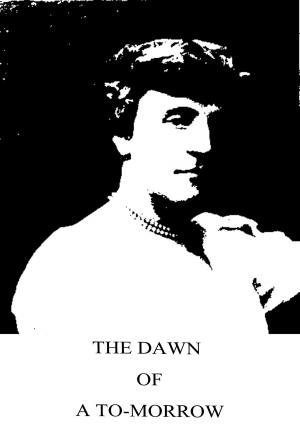

![Cover of the book Atala [Christmas Summary Classics] by George Borrow](https://www.kuoky.com/images/2012/december/300x300/1230000036552-HDo0_300x.jpg)
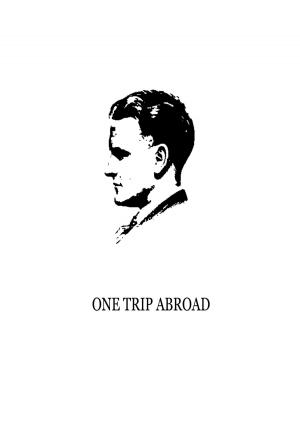
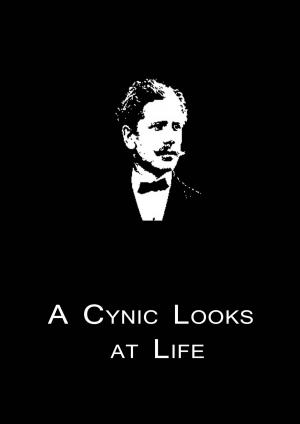

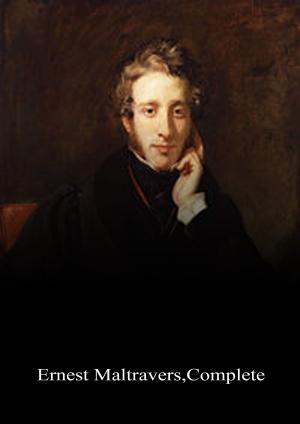

![Cover of the book Biographia Literaria [Christmas Summary Classics] by George Borrow](https://www.kuoky.com/images/2012/november/300x300/1230000034580-pyNv_300x.jpg)
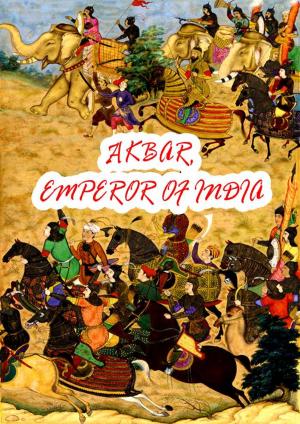

![Cover of the book Tom Brown's Schooldays [Christmas Summary Classics] by George Borrow](https://www.kuoky.com/images/2012/december/300x300/1230000036889-77M2_300x.jpg)
